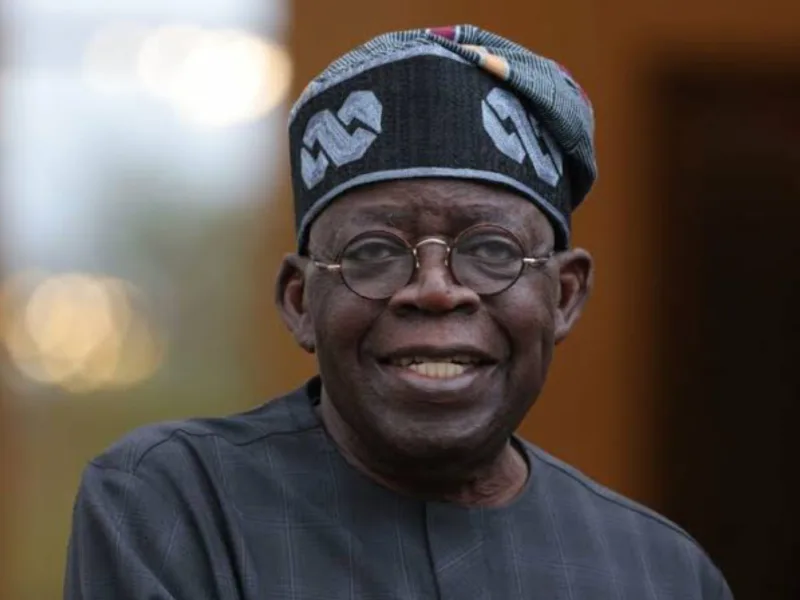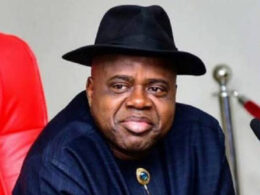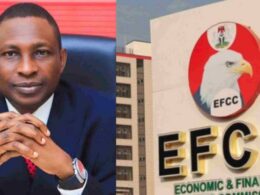The Senate has approved President Bola Tinubu’s request for a $500 million loan to enhance the financial and technical performance of electricity distribution companies through the metering of citizens. This approval, targeting the Bureau of Public Enterprises (BPE), forms part of Nigeria’s Distribution Sector Recovery Program (DISREP) supported by the World Bank.
The approval followed the Senate’s consideration of a report from the Senate Committee on Local and Foreign Debts, led by Senator Aliyu Wammako (APC, Sokoto North). The report was presented by the committee’s Vice Chairman, Senator Haruna Manu (PDP, Taraba Central).
Senator Manu stated, “The Senate approves the sum of $500 million for the Bureau of Public Enterprises under the ongoing negotiations for external borrowing.” This loan is part of a broader $7.94 billion external borrowing plan, which President Tinubu had presented to the Senate on November 1, 2023, seeking approval for both $7.94 billion and €100 million.
The Senate had earlier approved $7.4 billion during a special plenary session on December 30, after reviewing the committee’s report on local and foreign debt. Senator Manu reassured that the terms of the loan would not compromise Nigeria’s economic growth or sovereignty.
He recalled the President’s request for the 2022-2024 External Borrowing Plan, which included a grant component of €100 million. The plan was referred to the Committee on Local and Foreign Debt for further legislative action.
“The committee initially deferred the project and amount for the Bureau of Public Enterprises due to the agency’s failure to appear before the committee to defend its proposal,” Manu explained. However, after further legislative interactions and due diligence, the committee submitted its report, recommending the approval of the $500 million loan.
Manu emphasized that the President’s request complies with the Debt Management Office (Establishment) Act 2003 and the Fiscal Responsibility Act 2007. These statutes mandate the President to seek the National Assembly’s approval for external borrowing and require that such borrowing be for long-term capital expenditure and human capital development.
Additionally, the borrowing terms must be concessional with low interest rates and extended amortization periods. The proposal must include a cost-benefit analysis and proof of prior authorization in the Appropriation Law, alongside the approval of the relevant Executive Council and Legislative Assembly.
Manu highlighted that despite the substantial debt service burden on the national budget, borrowing remains necessary to address the shortfall in annual revenues and to finance the country’s infrastructural and human capital development needs.
The loan is expected to be sourced from various financial institutions, aiming to improve the financial and technical performance of Nigeria’s electricity distribution companies.









Join our Channel...